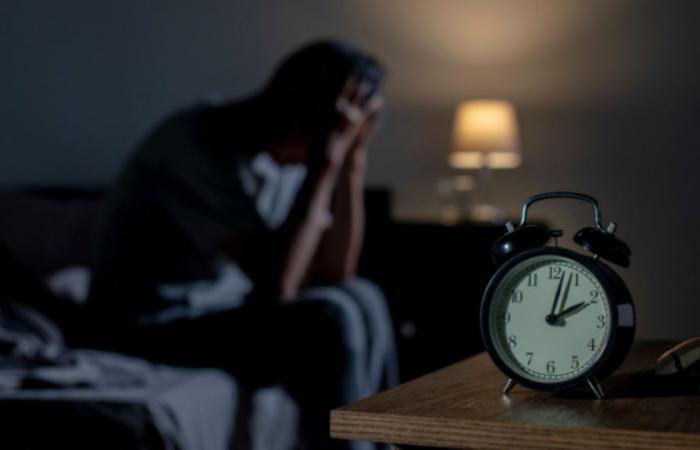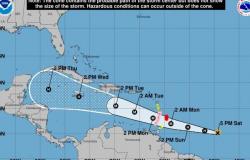In the midst of a busy life, getting adequate rest becomes a difficult task for many people. Although often underestimated, sleep habits have a significant impact. According to experts, the behavior of night owls, that is, those people who prefer to stay up late at night, damages their mental health.
Scientists at Stanford Medicine did a large-scale study in which they surveyed nearly 75,000 adults. In turn, the experts compared the participants’ preferred sleep time with their actual sleep behavior and found that, regardless of a person’s chronotype (natural sleeping preference), going to bed late is detrimental to mental health.
Experts say that night owls who went to sleep late had higher rates of mental and behavioral disorders, including depression and anxiety.
Photo:iStock
“We found that alignment with your chronotype is not crucial here, and that actually staying up late is not good for your mental health,” explained Jamie Zeitzer, PhD, professor of psychiatry and behavioral sciences and senior author of the study.
These data agree with another investigation carried out in the United Kingdom and published on May 19 by Psychiatry Research, which included 73,888 adults, of which 19,065 were identified as the morning type, 6,844 as the afternoon type and 47,979 as the intermediate type.
Researchers used wearable accelerometers to monitor participants’ sleep for seven days and determined that, regardless of preferred bedtime, everyone benefits from going to bed early.
They reveal the worst sleeping habit
The results showed that both “larks” (morning people) and night owls who went to sleep late had higher rates of mental and behavioral disorders, including depression and anxiety. “The worst case scenario is, without a doubt, that people staying up late in the afternoon,” Zeitzer added.
In contrast to those people who followed an early or intermediate sleep schedule, night owls who were true to their chronotype were 20% to 40% more likely to have been diagnosed with a mental health disorder.
The most common cause of insomnia is emotional disturbances.
Photo:iStock
What time is it recommended to go to sleep
Psychiatry Research researchers concluded that going to bed before 1 a.m. can reduce the risk of developing mental and behavioral conditions such as depression and anxiety.
How many hours are you suppose to sleep?
All human beings need sleep, as approximately one third of their lives are spent in this state. Sleep is as vital to survival as food, water and air. According to research conducted by the University of Chicago, good sleep is crucial for consolidating memories, maintaining optimal brain functions, strengthening the immune system, facilitating healing after injury or illness, and protecting against heart disease and diabetes.
The Centers for Disease Control and Prevention (CDC) notes that the amount of sleep you need changes as you age:
- Babies (0-12 months): Between 14 and 17 hours a day.
- Young children (1-3 years): 11 to 14 hours per day.
- Preschool children (3-5 years): Between ten and 13 hours per night.
- School-age children (6-12 years): Between nine and 12 hours per night.
- Adolescents (13-18 years old): Between eight and ten hours per night.
- Adults (18-64 years): Between seven and nine hours per night.
- Older adults (65 years and older): Between seven and eight hours per night.
THE NATION – ARGENTINA (GDA)






